What Are 6 Main Expenses of Owning a Car?
The cost of new cars may be shocking to some buyers nowadays, however, the expenses that follow can be just as daunting. With auto insurance expected to cost more this year, buyers need to anticipate a number of costs before getting entangled in a financial decision. In this post, we’ll briefly detail the six main expenses of owning a car and how you can better prepare for your monthly budget.
Want to know the main expenses of owning a car? Here are six things to consider
In order to know your bottom-line, it’s important to factor in several of the expenses that comprise car ownership. From maintenance to fuel costs, it’s vital to do your research ahead of time and ensure that you can really afford the car you’re driving. While it may seem like a bargain to get behind the wheel of a leased model, the expenses that follow could leave you strapped for cash or functioning on limited funds.
Auto experts continually encourage shoppers to do their homework regardless if you plan to buy new or find a well-maintained used model. Ultimately, by comparing prices and the true cost of car ownership, you’ll come to a realistic figure that you can base your decision off of. In other words, before you drive off the lot in something new, take the time to evaluate the six most relevant expenses of owning a car:
Auto insurance
Almost all states require drivers to carry some sort of limited liability coverage. That said, where you live and how often you drive can play a major role in how much coverage you actually need. You may even want to consider add-on’s like gap insurance and uninsured motorist coverage. These options can be especially useful in areas with high accident rates. And because 2023 is expected to bring an increase in insurance costs across all carriers, it’s never been a better time to compare your options.
Maintenance and repairs
This is one of the most costly factors to consider, especially if you drive an older model or choose a brand that has parts not commonly available in the U.S. On top of that, after warranties have expired, you’ll need to take on all the costs yourself. Depending on the make and model you drive, this can be exceptionally damaging to your wallet.
Fuel costs
Though EVs are making a breakthrough into the U.S. market, gas costs are still considered one of the most common and demanding expenses for drivers. The price at the pump varies by location, but there are ways to reduce the impact of cost. Auto experts suggest analyzing a vehicle’s fuel economy to see which make and model will help you stay in line with your monthly trajectory.
Fees, registration, & taxes
The minor yet important details that come into focus the moment you sign a new car deal. Theses fees are directly related to the sale and legality of driving on the road. In general, registration costs average $50-$100 per year and sales tax will be determined by the price and way in which you purchase your new or used car.
Depreciation
One component you can’t escape is wear and tear of a vehicle. However, the difference in depreciation can greatly impact the overall value of a vehicle when considering it as a purchase. Simply put, some vehicles depreciate faster than others. Particularly newer cars that have spent little time off the lot.
Upkeep
Lastly, we can’t forget to mention the day-to-day costs that contribute to the maintenance and upkeep of a vehicle. This includes washing, waxing, and detailing as well as purchasing practical items that improve the ride experience. Between organizers and rim upgrades, plenty of buyers want to add a bit of personality once they officially have the keys to a new vehicle.
Tips for staying in budget
With the costs of owning a car in mind, let’s review some of our favorite tips and tricks for minimizing your monthly expenses:
- Stay up-to-date with basic maintenance to avoid costlier repairs in the future
- Sign up for a defensive driving course to lower insurance premiums
- Improve fuel economy by reducing your A/C use (if the climate allows)
- Map your routes ahead of time to save on unnecessary detours or stops
- Get a credit card, or gas card, that offers cash back through a loyalty program
Think you’ve got it down? We hope so! Essentially the way to master car ownership is to plan ahead. Don’t ever commit to a new car purchase that will have you stressed and financially stricken down the road. By evaluating the six expenses of owning a car before you sign a contract, any driver is sure to make an informed buying decision.







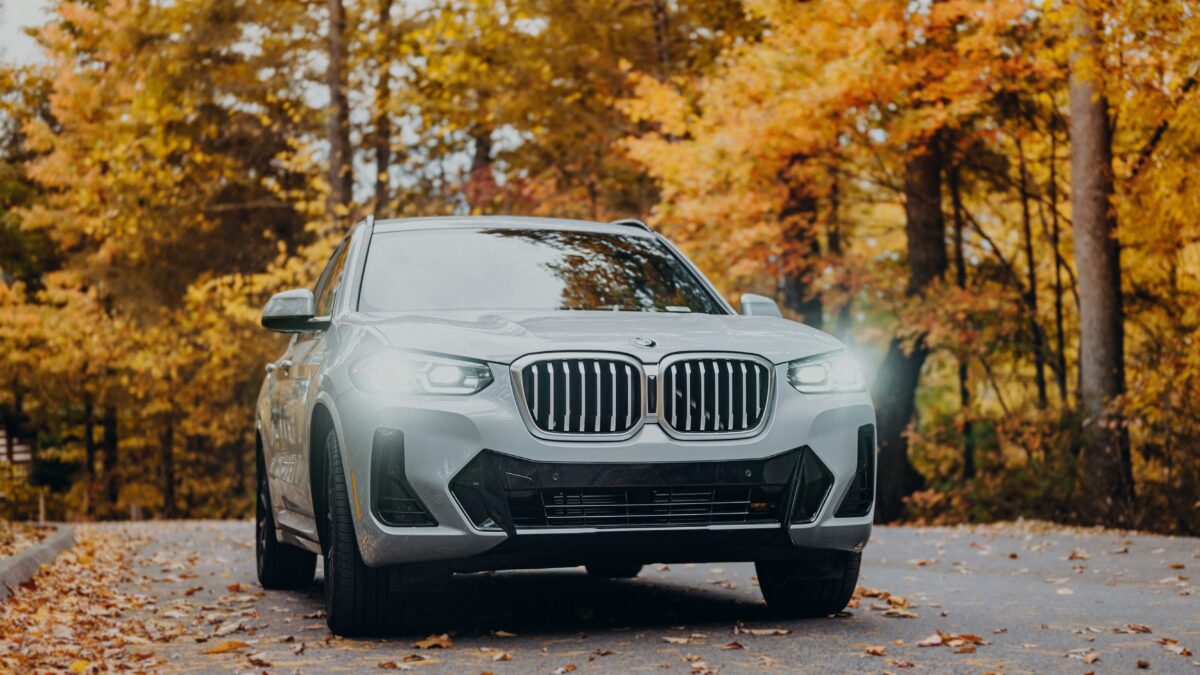
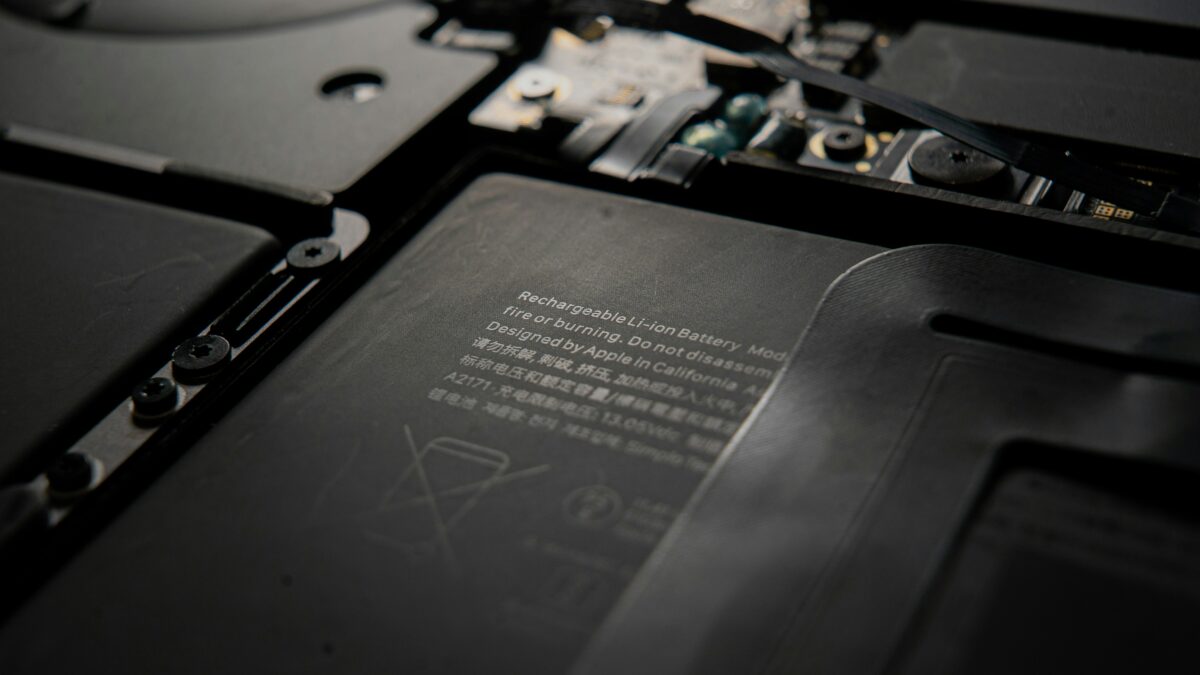
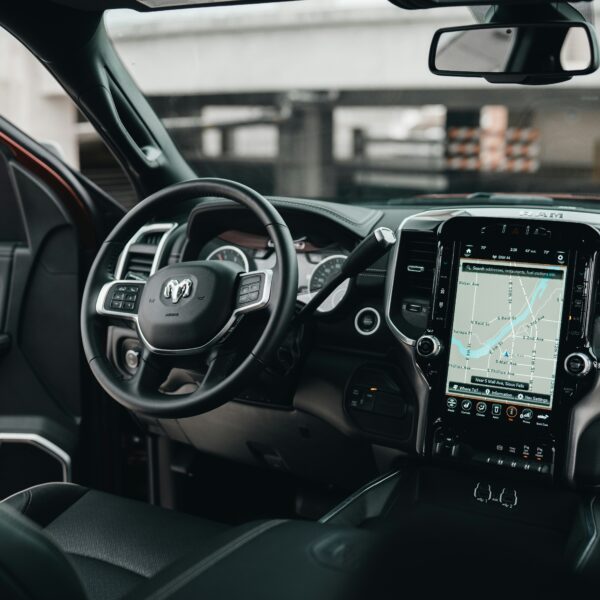
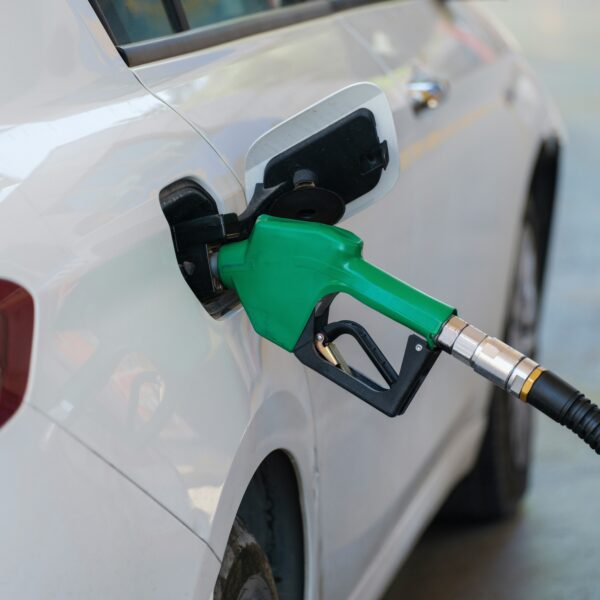




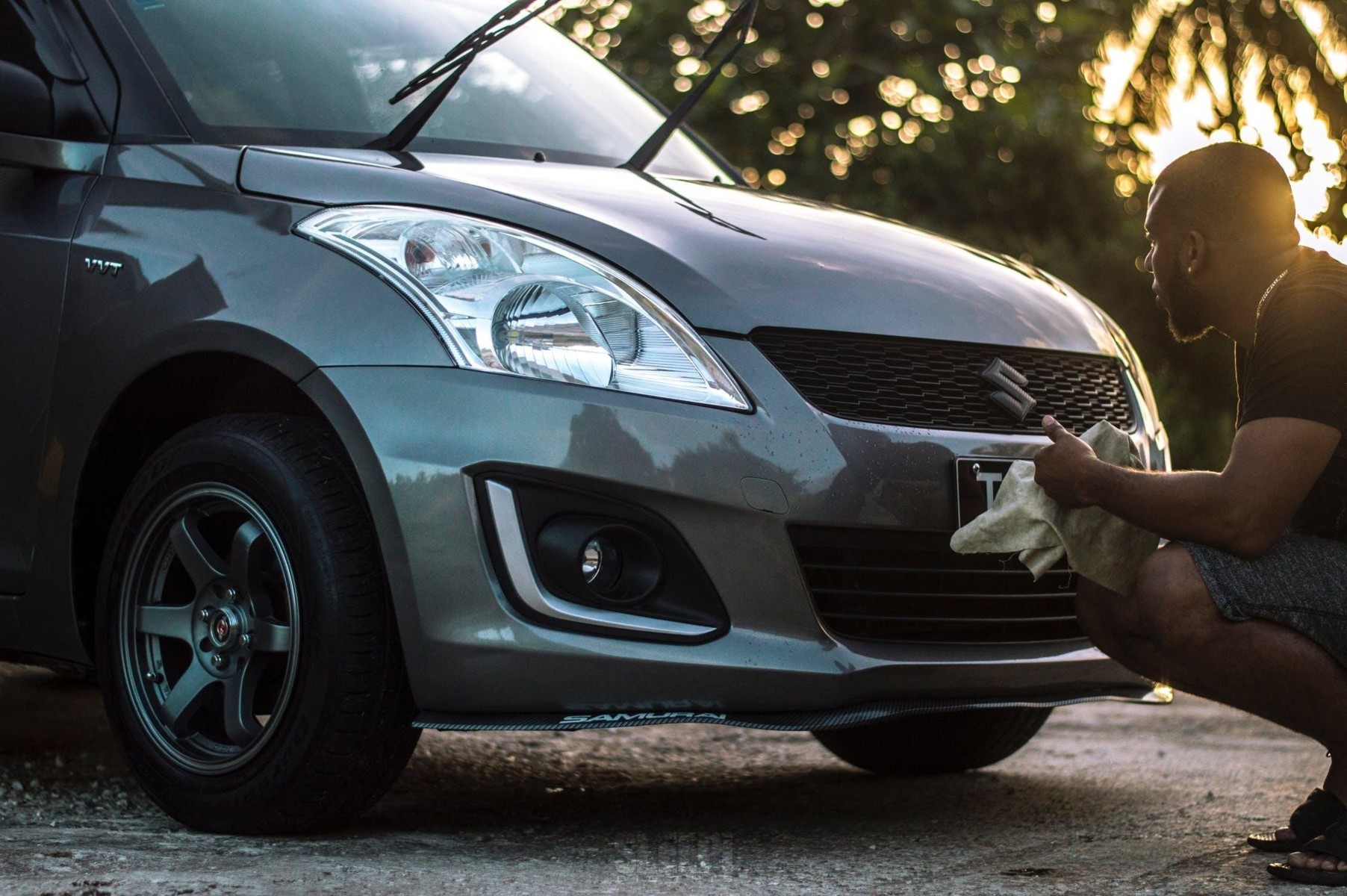
Great information, wish there was such info out there when getting my first vehicle!
Do your own oil changes!